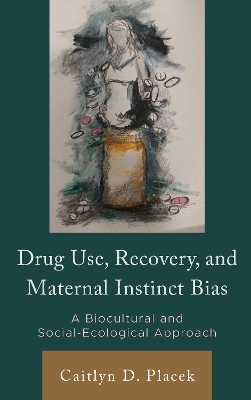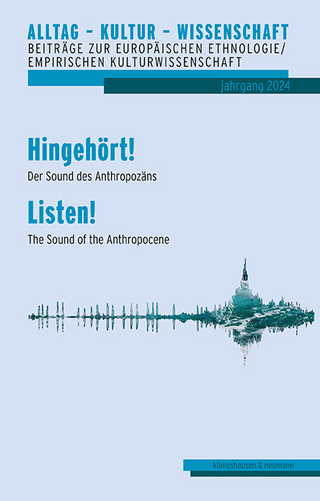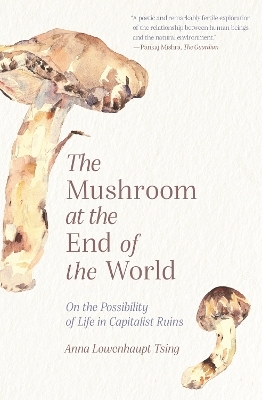
Drug Use, Recovery, and Maternal Instinct Bias
A Biocultural and Social-Ecological Approach
Seiten
2024
Lexington Books/Fortress Academic (Verlag)
978-1-6669-3743-5 (ISBN)
Lexington Books/Fortress Academic (Verlag)
978-1-6669-3743-5 (ISBN)
This book provides insight into barriers women experience when seeking treatment for substance use disorders. Findings indicate that models of “maternal instinct” often impede efforts for women seeking treatment, and recovery is more achievable when proper social and structural supports are in place.
Drug Use, Recovery, and Maternal Instinct Bias: A Biocultural and Social-Ecological Approach draws upon theoretical perspectives in anthropology and public health to provide insight into the barriers women experience when seeking treatment for substance use disorders. In both theoretical perspectives in biological anthropology and social discourse within the United States, there is an emphasis on explaining why women avoid (or should avoid) using psychoactive substances during their reproductive years, especially during pregnancy. Theories of women's drug avoidance during the childbearing years rely on statistics to show that women are less likely to use all types of illicit drugs than their male counterparts. This gender gap, however, is closing in high-income countries (HICs), calling for more research on the biocultural and social-ecological factors contributing to women's drug use and the barriers to their recovery. The book uses qualitative data from participants in Indiana to illustrate women's struggles along the pathway to recovery. The overarching conclusion is that internalized models of “maternal instinct,” a topic inherent in theoretical and public discourse, can often impede efforts for women seeking treatment, and recovery is only possible when proper social and structural supports are in place.
Drug Use, Recovery, and Maternal Instinct Bias: A Biocultural and Social-Ecological Approach draws upon theoretical perspectives in anthropology and public health to provide insight into the barriers women experience when seeking treatment for substance use disorders. In both theoretical perspectives in biological anthropology and social discourse within the United States, there is an emphasis on explaining why women avoid (or should avoid) using psychoactive substances during their reproductive years, especially during pregnancy. Theories of women's drug avoidance during the childbearing years rely on statistics to show that women are less likely to use all types of illicit drugs than their male counterparts. This gender gap, however, is closing in high-income countries (HICs), calling for more research on the biocultural and social-ecological factors contributing to women's drug use and the barriers to their recovery. The book uses qualitative data from participants in Indiana to illustrate women's struggles along the pathway to recovery. The overarching conclusion is that internalized models of “maternal instinct,” a topic inherent in theoretical and public discourse, can often impede efforts for women seeking treatment, and recovery is only possible when proper social and structural supports are in place.
Caitlyn D. Placek is a medical anthropologist and program evaluator who specializes in biocultural approaches to drug use and diet among reproductive-aged women from a cross-cultural perspective.
| Erscheinungsdatum | 25.01.2024 |
|---|---|
| Reihe/Serie | Anthropology of Well-Being: Individual, Community, Society |
| Sprache | englisch |
| Maße | 159 x 236 mm |
| Gewicht | 422 g |
| Themenwelt | Sozialwissenschaften ► Ethnologie |
| Sozialwissenschaften ► Soziologie | |
| ISBN-10 | 1-6669-3743-6 / 1666937436 |
| ISBN-13 | 978-1-6669-3743-5 / 9781666937435 |
| Zustand | Neuware |
| Haben Sie eine Frage zum Produkt? |
Mehr entdecken
aus dem Bereich
aus dem Bereich
Wert, Tausch und menschliches Handeln
Buch | Softcover (2023)
diaphanes (Verlag)
CHF 39,20
Buch | Softcover (2024)
Königshausen u. Neumann (Verlag)
CHF 39,20
On the Possibility of Life in Capitalist Ruins
Buch | Softcover (2021)
Princeton University Press (Verlag)
CHF 27,90


